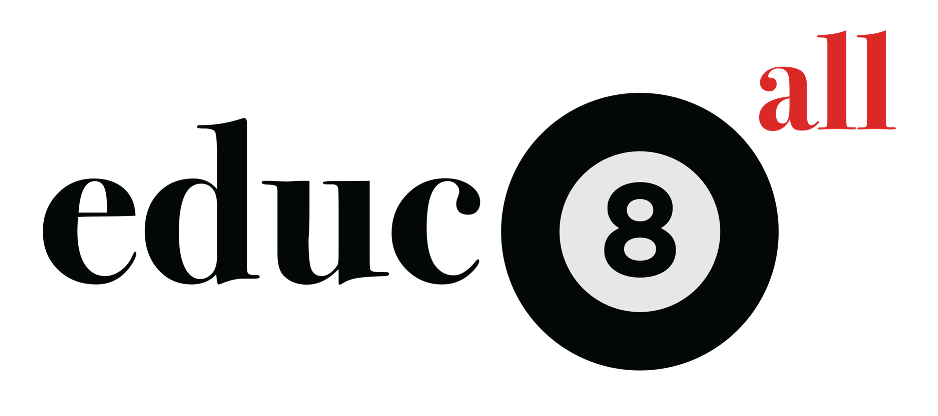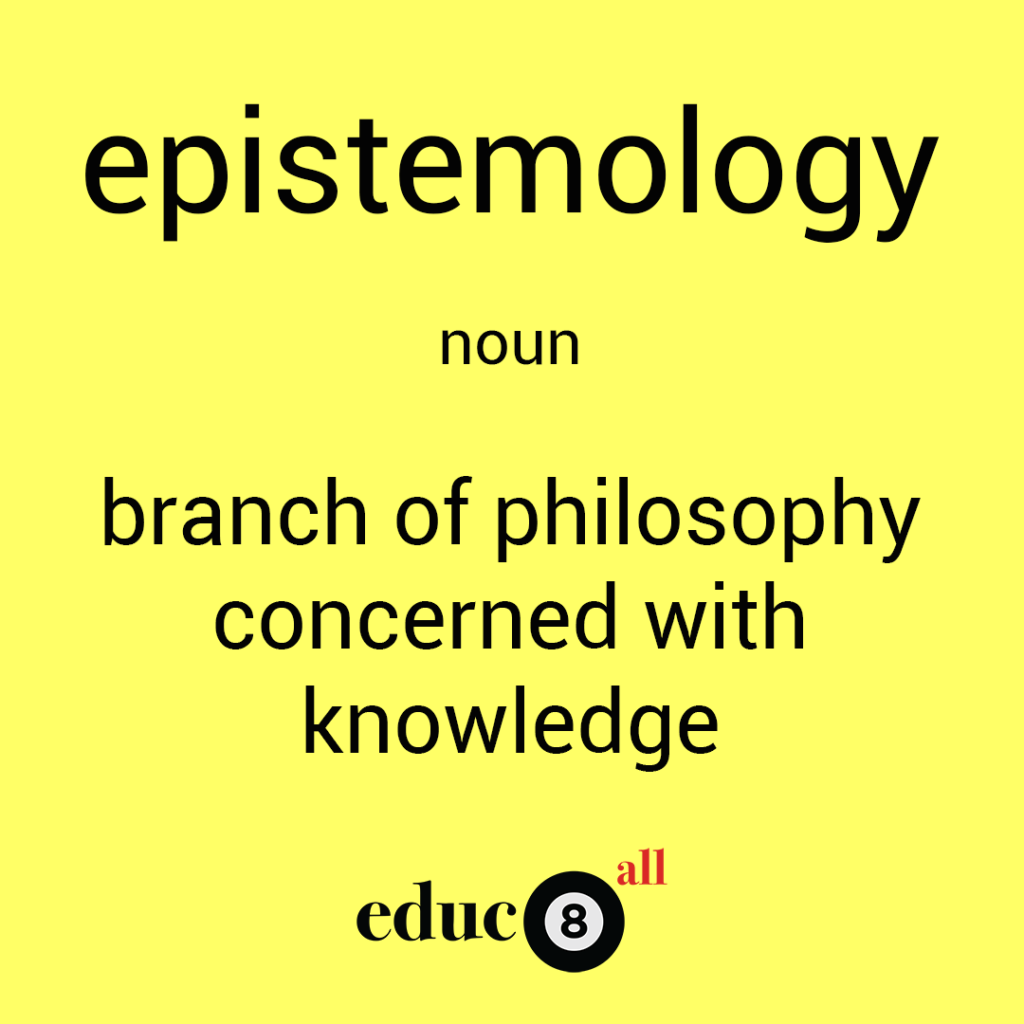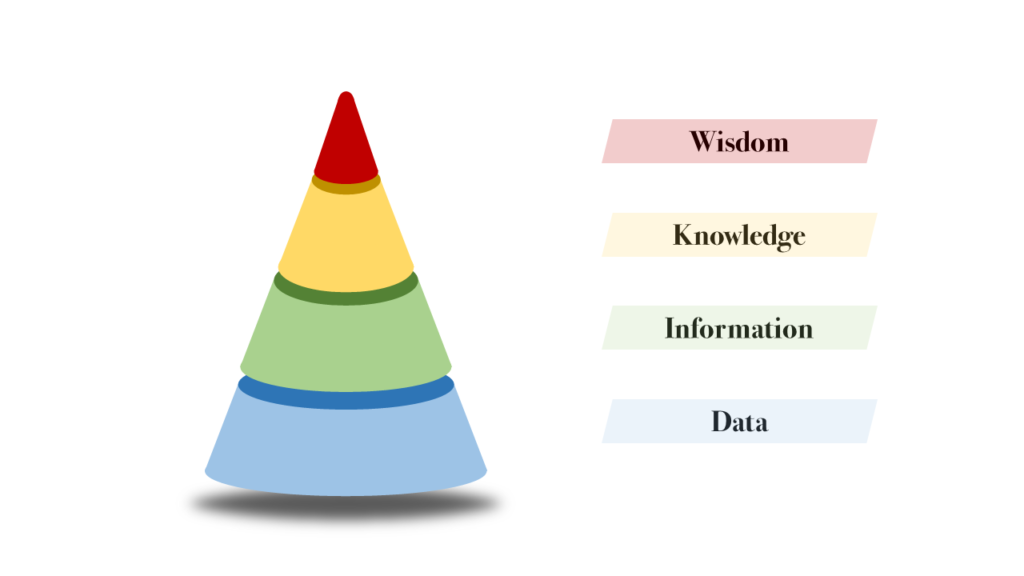
Cognitive bias: confirmation bias
This time around in our series on cognitive biases, we’re going to take a look at confirmation bias. Confirmation bias is the tendency to search for information in a way that confirms or supports a prior belief, hypothesis or value. Sometimes it can take the form of interpreting information in this way or only recalling such information.
There are some similarities with the ostrich effect which we looked at recently. The ostrich effect could be argued to be the flip side of the same coin in that it relates to ignoring important information that is usually negative. The confirmation bias appears to manifest as a more active approach to information gathering and interpretation.
Electoral politics
Let’s take a look at an example.
Suppose that you’re awaiting the results of an election. You believe that your preferred candidate is going to win and therefore you look for news that supports this belief. You scrutinise the candidate’s words for confidence of victory and find it. You look for news reports from favourable media outlets. You follow the candidate on social media as well as the campaign team. You choose not to do this for the opposing candidate and do not even consider their chances of success. You become so certain of your opponent’s success from all of the information that you see pointing to this conclusion that you make some significant lifestyle choices to prepare for policies that are about to be enacted once your preferred candidate assumes office.
What happens when the other candidate wins and enacts policies that you disagree with and did not think would get support? Chances are that you will be unprepared and depending on the policies this could be material to your lifestyle.
The US presidential election clearly provides a window through which this can be observed but if you look around there are plenty of other areas (e.g. Brexit or COVID19) where confirmation bias is likely to be skewing information diets for some people. Social media algorithms are designed to surface information that you are likely to enjoy based on your past preferences. This means that you are likely to only see more supporting information for your bias, creating an echo chamber.
Confirmation bias in education
If adults can be affected by this bias then what happens to young people in education settings? There are rules limiting the promotion of partisan political views in classrooms to protect young, impressionable minds. Young people can get information from sources outside of school, however, so you can witness confirmation bias in other arenas beyond politics.

What about more mundane situations such as a disruptive pupil? Imagine a situation where a teacher is advised before they start teaching a class that one particular student is disruptive. If the teacher chooses to hold that belief, there is a risk that they end up interpreting minor incidents as evidence of the disruptive behaviour they were warned of. If they decide to pre-empt further disruption through some punishment, they can unnecessarily entrench the view of the child as being disruptive which can potentially lead to sub-optimal education outcomes.
How to combat confirmation bias
It can be argued that optimism bias is pervasive and that we should endeavour to combat it just as actively as we seek out confirmation of our bias. There are a few different approaches that are worth considering if you are concerned that you have become (or are at risk of becoming) a victim of the bias:
- Counterfactual: sometimes future events that we are preparing for are binary and so we can combat the bias by considering the counterfactual of our bias. In the example of the election earlier on, this is as simple as assessing the chances of the rival candidate.
- Diversity of sources: there is a risk that the brevity of social media risks killing off all nuance. If we see that there are a spectrum of views on a topic, we should be careful not to only look at the two extremes but consider all hues in between. Returning to our election example, we should be mindful of only comparing information from ardent supporters of both candidates. More nuanced views may provide pros and cons for each candidate after all.
- Critical thinking: confirmation bias is considered to be stronger in matters that relate to beliefs even though it can also affect ideas that are more loosely held. You can challenge your confirmation bias by writing down a hypothesis and factual (as opposed to opinions) information that both support and negate the hypothesis. It’s possible that the outcome of the exercise is that you may appreciate the hypothesis in a more probabilistic way.
EDIT: Shortly after writing this piece, the post below came to our attention. The final image is useful for illustrating the dangers that can manifest when confirmation biases are applied in an extreme way when interpreting data.
Next time, we shall take a look at anchoring bias.






Responses